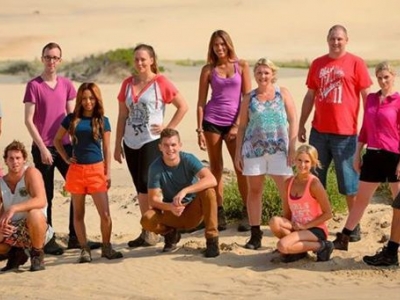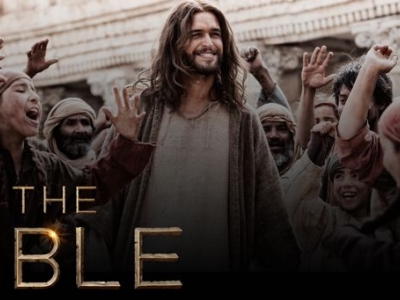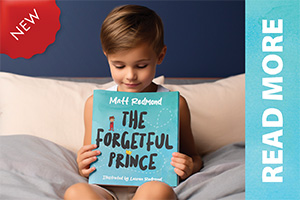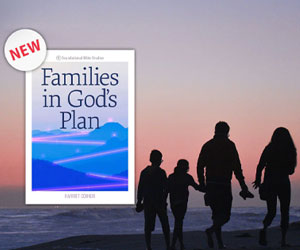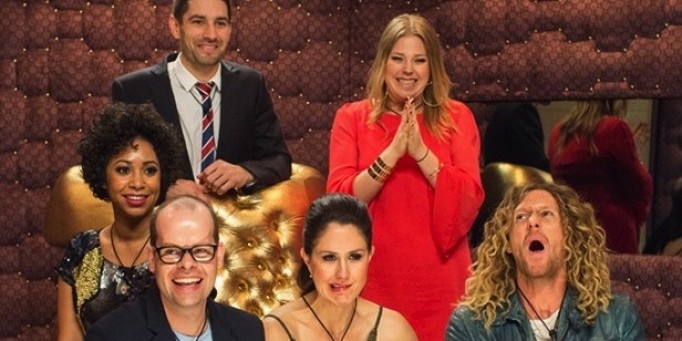
Big Brother Australia: TV Review
When networks deceive, manipulate and torment to make a television program, choosing a channel becomes a moral decision.
Oh Big Brother, where art thou taking us this year? The Nine Network’s second attempt at turning a dud format into a winner is unlikely to benefit from ‘shocking!’ hand-me-down additions. And neither are we.
Last week marked the launch of Big Brother 2013 and the 900 fans outside the Gold Coast house were told they were in for twists the likes of which no-one had ever seen. How wrong they were. Host Sonia Kruger introduced a solid 1.3 million viewers to the first twelve contestants, a seemingly broader collection including former flight attendants, long-term students, sparkies and radio announcers. Of course that pool got immediately shallower when their ages became apparent – 23, 24, 25, 28… Sharon, the mother of three from Melbourne is the oldest at 41, with 33 year old fireman Caleb her closest companion. Clearly that narrow an age-range is going to leave Nine battling for an audience outside of Generation Y – and why not? The network is also going head to head with Seven’s talent juggernaut The X-Factor in three time-slots. On the first night, Seven sailed clear with 1.6 million viewers, suggesting Big Brother has his work cut out for him.
But what about the much-vaunted twists? Old hat, I’m afraid.
The major variation for this season is that the Big Brother House is split by a perspex wall with two-thirds given over to a luxury apartment and one third kitted out like a bare-bones backpacker hostel. The contestants residing in the ‘Safe House’ have a spa and gymnasium at their disposal and get their laundry done by their poorer competitors. The players in the ‘Half-way House’ sleep on half-sized beds, have no food unless their richer counterparts give it to them and cannot eat until all of the ‘Safe House’ residents have finished. They don’t even enjoy any privacy; one-way mirrors allow the well-off to observe their every move. But this is nothing terribly new to Big Brother fans. Dividing the house into ‘Heaven and Hell’ sections has been a staple for the franchise since 2001 and has featured in 26 international seasons from Poland to the Philippines.
What about twist number two, introducing two single people to play at being married? It’s also been done. In 2008, the UK featured a fake marriage with the same goal of gaining competitors a safe place in the series. But surely the contestants are real? Not exactly. Nine introduced potentially the most annoying housemate, Tim, as a long-term environmental sciences student. He is in fact Tim Dormer, a shock jock from Nova FM who has made a career out of being controversial. He is ‘best’ known for streaking through singing star Rihanna’s tour jet and has already set about making himself the most loathed person in the house.
So the marketing is a lie, the format is a lie and at least three contestants are walking lies, who’ve been encouraged to lie for a chance at winning $250,000. Just how authentic can Big Brother 2013 be? Host Kruger describes it as a “… twisted social experiment,” but the situation is so fabricated and incentivized that it’s unlikely to reveal anything reliable about human nature – unless it has to do with its viewers.
It might be disturbing for some to realise that the situation the Nine Network has created on its Big Brother set has much older precedents than even Reality TV offers. The divisions between haves and have-nots were just as well established between masters and slaves in Europe, blacks and whites in America, Afrikaners and Africans in South Africa. Nine has basically televised Apartheid and called it entertainment. In all three historical contexts, there were always those amongst the privileged classes who considered themselves free of guilt because they might observe evil, but not commit it themselves. But this is not how God judges guilt. The watcher and the doer are in the same camp and face the same penalty:
“Although they know God’s righteous decree that those who do such things deserve death, they not only continue to do these very things but also approve of those who practice them.” [1]
When networks deliberately deceive, manipulate and torment people to make a television program, choosing a channel becomes a moral decision. Big Brother’s executive producer Alex Mavroidakis has pointed out that contestants are “… not under arrest - they can leave any time,” as though the quarter of a million dollar carrot he’s provided counts for nothing. That sort of thinking might absolve his conscience; it doesn’t do much for mine. Can anyone lie their way to success? Nine hopes so. Should I gain enjoyment from someone else’s suffering? That’s much easier to answer.
Watching Big Brother with your kids
Despite our best efforts, Big Brother is still likely to capture the attention of teenage audiences because it provides the opportunity to carp about people who are ‘asking for it’ by placing themselves in the public arena. Maybe some of that can be redeemed by asking one of the following:
- What separates the good contestants from those no-one really likes?
- Do you think it’s possible to win at life by lying?
- Why do you think Jesus put such a high premium on telling the truth – and described himself as the ultimate ‘truth’?
For more articles from Growing Faith, subscribe to our monthly e-newsletter.
To hear about the latest books and resources from Youthworks Media, subscribe here.


